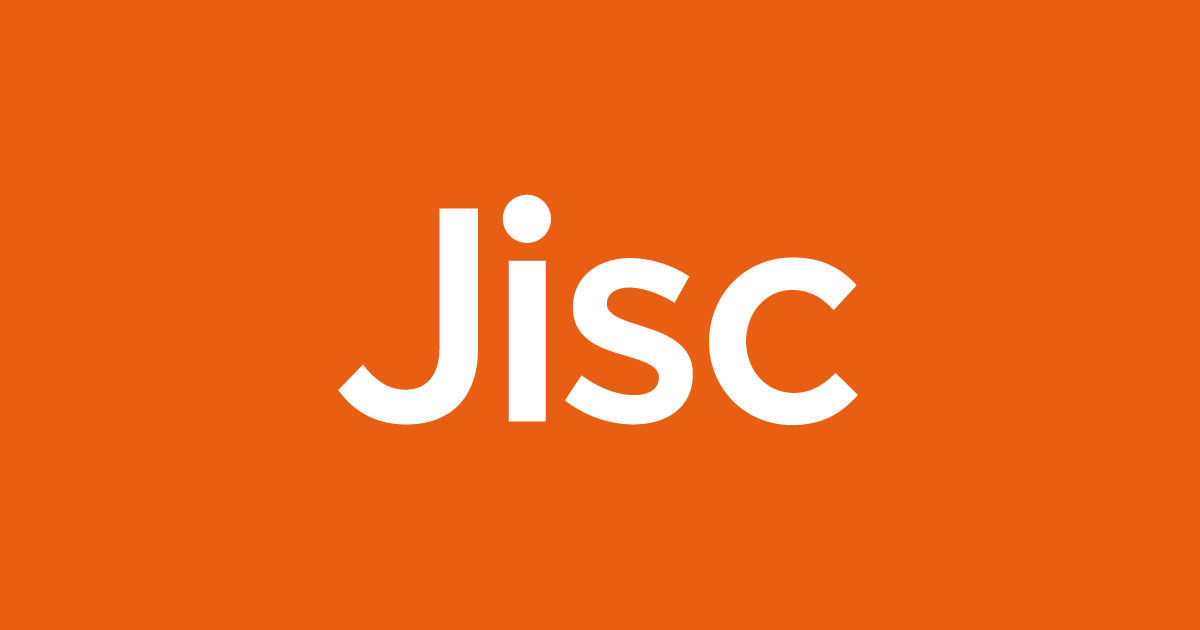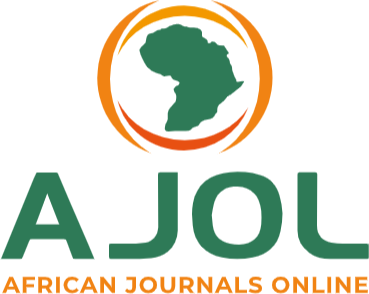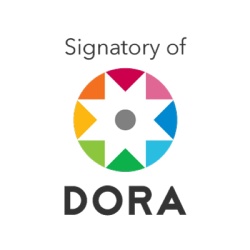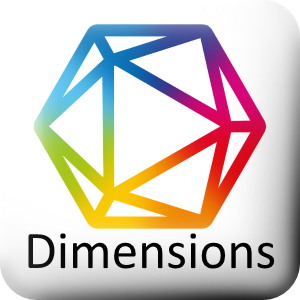Knowledge and Creativity in the Era of Digitalization: A Crisis of Stagnation or an Opportunity for Renewal? (Artificiel Intelligence as a Model)
المعرفة والإبداع في ظل الرقمنة: أزمة جمود أم فرصة تجديد؟ (الذكاء الاصطناعي أنموذجا)
Abstract
Artificial intelligence (AI) has emerged as a unique technology that has become the focus of attention for many countries around the world, due to its significant impact across various fields of life. It also functions as a sociological phenomenon that exerts subtle forms of social pressure, often causing individuals to engage with it unconsciously.
One of the fields where AI has a particularly strong influence is scientific research — especially in the social and human sciences — affecting every stage of the research process, from defining the research problem, to analyzing and interpreting data, and finally to offering solutions and recommendations. Its capabilities are so advanced that AI can, in some cases, replace human effort in performing many tasks and functions — sometimes even surpassing what humans are capable of doing. This has led to a growing reliance on AI as a substitute for creative imagination.
How, then, can we as researchers ensure that this technology becomes a tool for fostering creativity, rather than a source of intellectual stagnation?
Downloads
References
Gleason, N. W. (Ed.). (2018). Higher education in the era of the Fourth Industrial Revolution. Springer Singapore. https://doi.org/10.1007/978-981-13-0194-0
Boucher, P. (2020, June). Artificial intelligence: How does it work, why does it matter, and what can we do about it? Scientific Foresight Unit (STOA). Brussels: European Parliamentary Research Service.
Arabic references in English:
Ammar, H. I., & Matousi, H. S. (n.d.). The role of artificial intelligence in improving the quality of learning outcomes: Digital platforms as a model. Jeddah International College. Retrieved from https://www.jicollege.edu.sa/the-role-of-artificial-/intelligence-in-improving-the-quality-of-learning-outcomes-digital-platformS
Bin Sadiq Al-Tayeb, O., et al. (2006/1427 Hijri). Sustainable development in the Arab world: Between reality and aspiration. Series of publications, Global Production Center, King Abdulaziz University, Issue 11.
Faouri, R. A. (2005). Managing organizational creativity. Arab Organization for Administrative Development, Egypt.
Sharafi, H. A. (2006). The impact of leadership on creativity development. (Doctoral dissertation). Faculty of Economics, Yarmouk University, Jordan.
Abdel Rahman, O. (2018). Artificial intelligence and its risks. Dar Zuhur Al-Maarefa wal Baraka, Cairo, Egypt.
Mohamed, A. S., & Mohamed, K. M. (2020). Applications of artificial intelligence and the future of educational technology. Cairo, Egypt: Arab Group for Training and Publishing.
Awad, A. F. A. (2021). Digital ownership in the age of artificial intelligence: Current and future challenges. Arab Democratic Center for Strategic, Political, and Economic Studies (Ed.). Berlin, Germany.
Outhamania, A. (2019). Basic concepts of artificial intelligence. Arab Democratic Center for Strategic, Political, and Economic Studies (Ed.). Berlin, Germany.
Osoba, O., & Welser IV, W. (2017). Risks of artificial intelligence to security and the future of work: An analytical perspective—Experts' insights on current policy issues. Retrieved from https://www.rand.org/content/dam/rand/pubs/perspectives/PE200/PE237/RAND_PE23721.arabic.pdf
Sayed, K. N. (2004). Principles of artificial intelligence. Al-Rushd Library Publishers, Kingdom of Saudi Arabia.
Abdullah, A. B. M., & Habib, M. (2019). Artificial intelligence: A revolution in modern technology. Arab Group for Training and Publishing, Cairo, Egypt.
Abdel Moneim, H., & Ismail, M. (2021). Economic implications of the Fourth Industrial Revolution (artificial intelligence). Arab Monetary Fund (Ed.), Economic Studies Series.

This work is licensed under a Creative Commons Attribution-NonCommercial 4.0 International License.





















